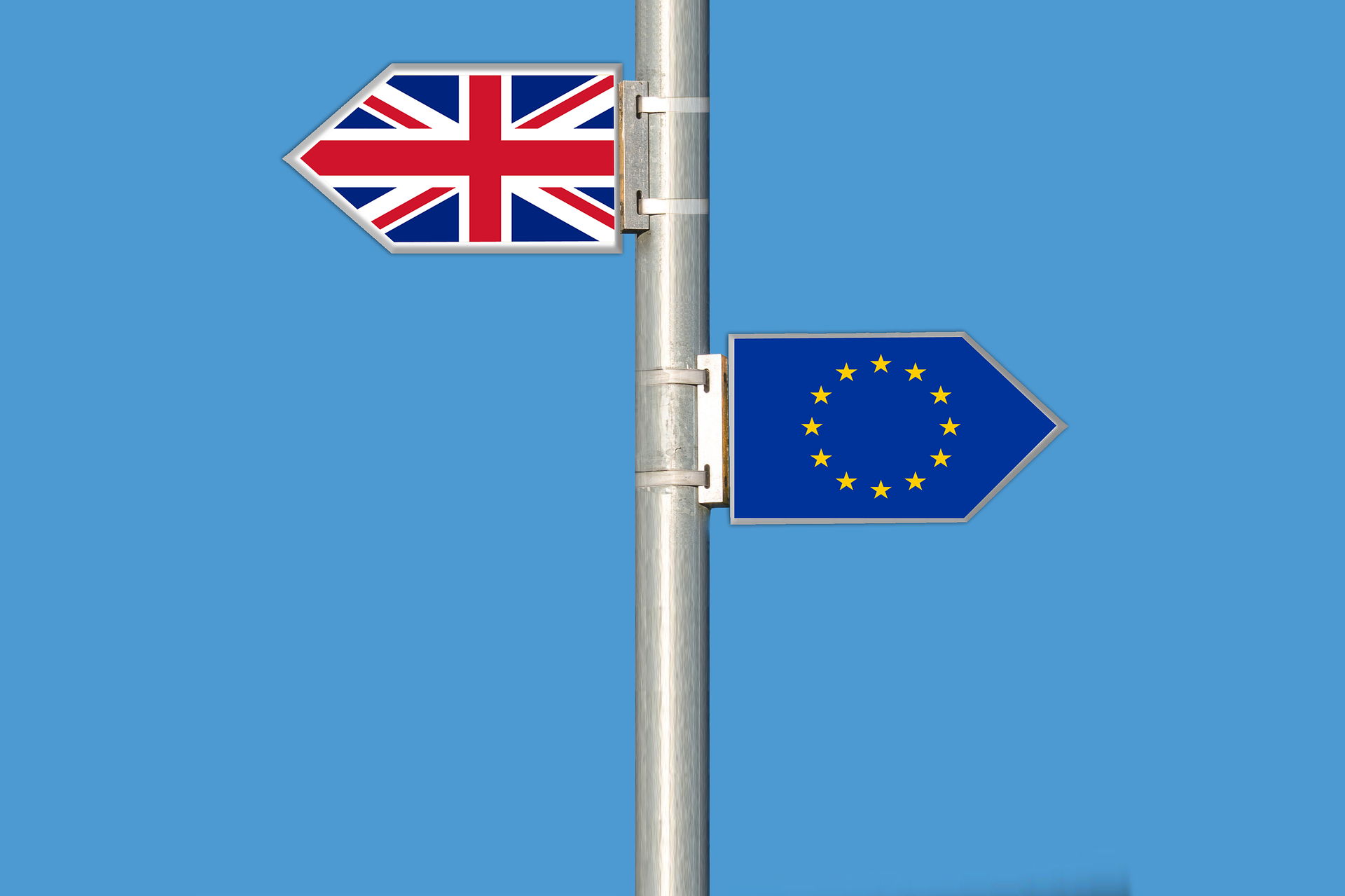The value to the automotive industry of the last-minute Brexit trade deal cannot be overstated but there remains implications for the sector according to experts.
Following years of negotiations, the final deal was agreed on Christmas Eve and came into effect at 11pm on New Year’s Eve. The agreement itself is more than 1,200 pages long, but the key stipulation is that there will be no taxes on goods or limits on the amount that can be traded between the UK and the EU.
Welcomed
News of the agreement was widely welcomed, with the Society of Motor Manufacturers and Traders (SMMT) saying it “provides a platform” for the future relationship between the UK and EU.
SMMT Chief Executive Mike Hawes said, “We welcome a new EU-UK trading agreement, which provides a platform for our future relationship. We await the details to ensure this deal works for all automotive goods and technologies, including specifics on rules of origin and future regulatory co-operation.
“A phase-in period is critical to help businesses on both sides adapt and efforts should now be sustained to ensure seamless implementation, with tariff-free trade fully accessible and effective for all from day one. We will continue to work closely with government to ensure all companies are as prepared as possible in the limited time left.”
“Thin deal”
However, David Bailey, a business economics professor at Birmingham Business School in England, said, “This is still a thin deal with major implications and costs for automotive. Much will depend on the degree of flexibility allowed and the degree of phasing in.”
He continued, “There will be extra costs for the industry in terms of non-tariff barriers, but things could have been much worse.”
The SMMT had previously stated a no deal Brexit would see vehicle production cut in half within five years, with tariffs mounting to more than £55bn in the same period.
Meanwhile, the HMRC estimates British businesses face an “administrative burden” cost of £7.5bn a year in filling out customs paperwork after the Brexit transition period.
Reassuring
Taking a broader view, the Brexit deal appears to have gone a long way to reassuring financial markets.
The pound rose to a high of $1.36 when the deal was first confirmed, while the FTSE 100 index shot up 2.6% overnight. That optimism has continued, with the FTSE surging nearly three per cent this week alone.
Stephen Haddrill, director general of the Finance & Leasing Association (FLA) said, ‘As always in trade talks, the devil is in the detail but we appear to have a deal that will enable UK goods to be sold without tariffs or quotas in the EU market – that bodes well for business confidence, leading to renewed investment and lending as we enter 2021 and begin the long economic recovery from the Covid impact.’
Nearly a week in, cross-channel trade remains smooth with few disruptions.

















